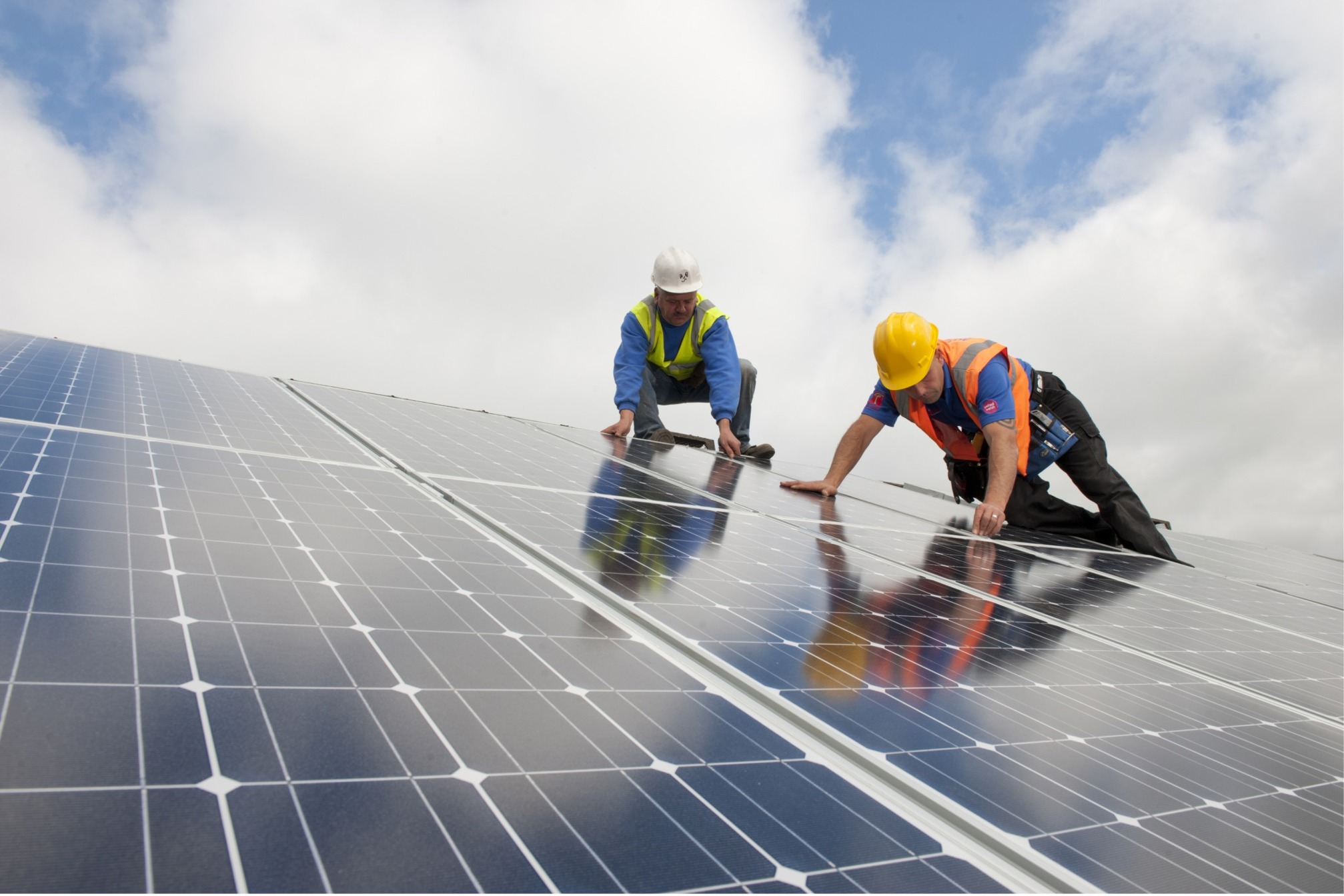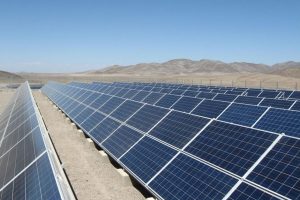Buying solar systems should not be viewed by homeowners in the same way as purchasing everyday appliances is viewed, but rather it should be viewed as an investment for the future. As with any investment, homeowners want to know what their return on this investment will be (ROI). Believe it or not, there are a lot of factors that come into play when determining how much a homeowner can expect to recoup from a new solar system or an upgrade.
Is Solar Worth It?
Whether or not solar panels have a high ROI is one of the first questions that homeowners have when it comes to investing in solar energy systems. The short answer is a resounding YES. Believe it or not, studies show that solar energy systems offer a better ROI than a ten-year Term Deposit in half that time. The only areas where it does not offer a better ROI are where sunshine is not as prominent such as the snowy regions which sees a drop in sunshine in the winter periods or the wet tropics where cloud cover has the same effect, and so solar energy cannot be as easily harvested. The real question to consider when deciding if a solar energy system is worth the cost comes down to the area where the homeowner lives: How much sunlight does the homeowner receive during the year, and how much energy do they use per month from the available grid?
Steps to Determining Solar PV ROI
- Cost of the System:The first step is to determine how much it will cost to install the system. Many factors will affect this, including the cost of the installation, permits, and the PV panels and inverter. Homeowners should also take into account any money they will get back for solar STC’s. Sustainable Energy Management Solutions offer obligation free quotes to help homeowners come up with an out of pocket figure, where we can also demonstrate how the system can pay for itself..
- Energy Generated:Next, homeowners have to determine just how much energy the solar system is going to generate. This will help determine if it will completely cover the amount of energy the homeowners use in a quarter and if they will get a kick-back (FIT) from the energy company (Retailer) for any extra electricity produced and therefore exported to the grid.
- Electric Cost:Homeowners also need to know the average cost of their electricity on a per kWh basis. By knowing this, homeowners are able to put a price on how much money they are saving per kilowatt-hour generated. The easiest way to do this is to check your most recent electricity bills.
- Calculate the Benefits:With all of this information, homeowners should be able to calculate the financial benefits of installing the solar power system.
- Calculate Return on Investment:With the financial benefit of the system known, homeowners can have an idea of calculating your return on investment. For example, if the system costs $8,000 and the yearly savings are $2,000, homeowners will see a return on their investment in 4 years.
Solar Placement
In determining how to get the most return on a solar PV system, it is very important for all homeowners to consider where you’re going to place the solar panels. The panels need to be placed in areas that get the most sun. For example, if a house has a roof that faces north, this is usually a good choice. Homeowners should also consider how much shade a particular area gets. The more shade an area gets, the lower the return on investment will be due to shade loss factors. Last but not least, you need to consider the slope of the roof. If the roof is not sloped enough, the system might require tilted racks to get the maximum efficiency. If the roof is too sloped, it might require additional safety gear to hold the system in place. All of this will often increase the overall cost of the system.
Conclusion
Australia has been moving in a conscientious direction and that means any initiative that makes our earth a healthier place is almost always a safe bet. As you read above, more often than not, solar panels make for a good financial decision as well.



